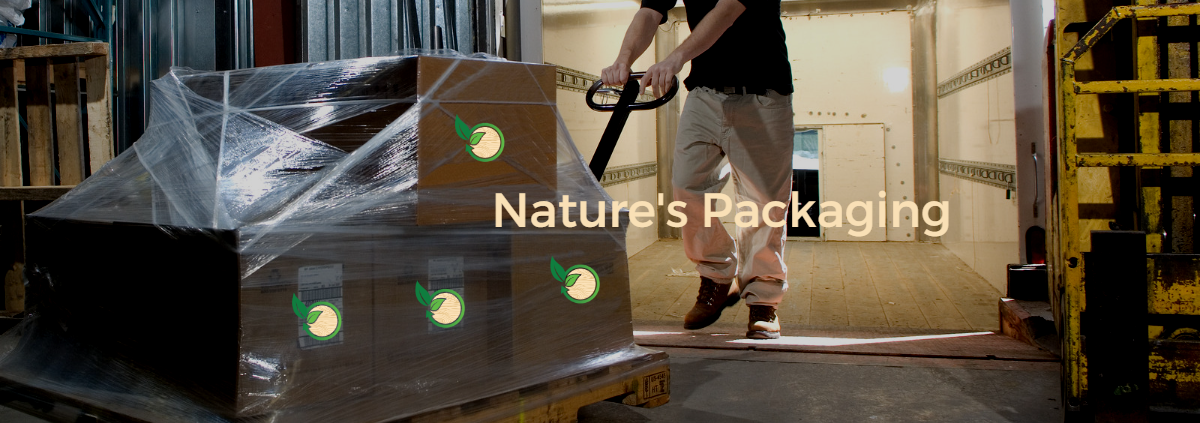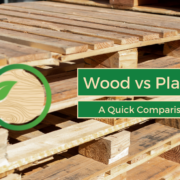The Recyclable Wood Pallet: Reducing Environmental Impact
In this Nature’s Packaging blog post, we review the importance of recycling and reducing the environmental impact of our actions. We’ll be discussing the benefits of wood pallets as a recyclable and biodegradable material, and how it compares to other materials like plastic and metal alternatives.
Let’s begin with the recycling of wood pallets. Wood pallets are capable of being recycled throughout their functional life as a piece of material handling equipment. If a piece of a pallet is damaged during transport, once the pallet is returned for collection the damaged piece(s) can easily be removed and replaced. The pallet can then be re-used in the supply chain for transporting goods.
At the end of their functional life, a pallet is broken down into its component wood pieces and then recycled and repurposed into other wood products. These products include everything from mulch to animal bedding, to fuel, and even in some cases furniture. These repurposed products mean that the amount of wood waste that ends up in a landfill is reduced and this conserves resources.
Another advantage of wood pallets is that they are biodegradable. This means that, over time, the wood will break down naturally in the environment. Wood does not take hundreds of years to decompose. This also reduces the environmental impact of the pallets at the end of their useful life.
Now, let’s do a quick comparison of wood pallets to plastic and metal pallet alternatives. Plastic pallets can be a useful shipping platform and are sometimes the right choice for a given supply chain operation.
However, plastic pallets are not biodegradable and can take hundreds of years to decompose. Plastic pallets also require large amounts of fossil fuels to produce. And while they can be recycled, the processes used to recycle plastic pallets also utilize fossil fuels and thus add to carbon emissions.
In some supply chains, metal pallets are a preferred choice. Very often they are found in pharmaceutical supply chains that are closed loop, which means that the pallet will stay within a facility or only be used to transport materials from one location to another within a company supply chain.
In these situations, they are strictly controlled and inventoried. They are built to be extremely durable and designed to last for a long time. This makes them quite expensive to manufacture and metal pallets are not a good solution for widespread use in a supply chain. Also, they are not biodegradable and, like plastic pallets, require large amounts of energy to produce, leading to a high carbon footprint.
In contrast, wood is a renewable resource and can be regrown and replenished. Wood pallets are also relatively inexpensive compared to plastic or metal alternatives. And, wood pallets are a recyclable and biodegradable material that reduces the environmental impact of the pallets at the end of their useful life.
Wood pallets are a sustainable and cost-effective alternative to plastic and metal pallets. By choosing wood pallets, companies can help reduce the environmental impact of their supply chain operations and contribute to making a positive choice for a more sustainable future.












